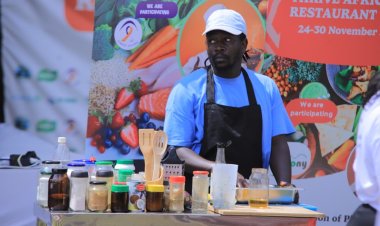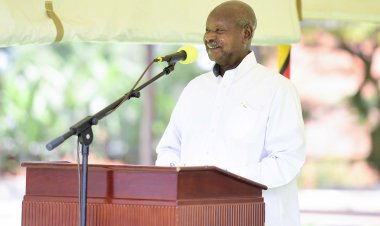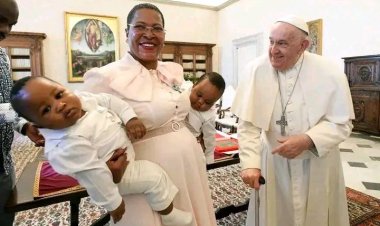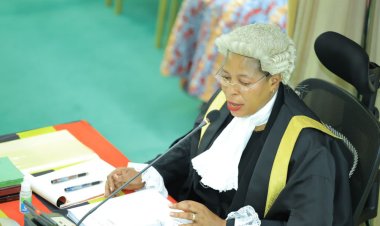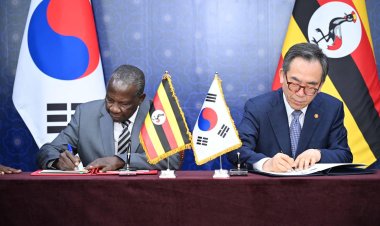UK Temporarily Waives Cut Flower Tariffs to Boost Trade with East Africa
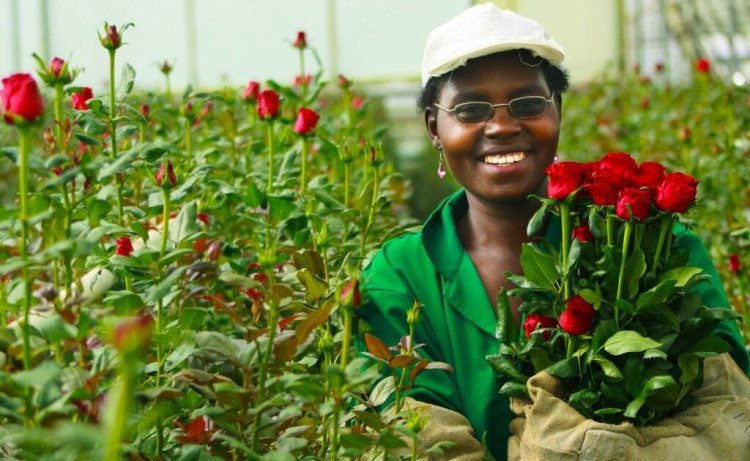
In a bid to facilitate smoother and more affordable trade relations with growers in East Africa and beyond, the United Kingdom has announced the temporary removal of export tariffs for cut flowers, effective April 11, 2024.
Under this new arrangement, unlimited quantities of flowers can now be exported to the UK at a 0% tariff rate, even if they transit via a third country. This development is particularly significant for flower producers in East Africa who often route their blooms through intermediary nations or auction houses before reaching the UK market.
The move is poised to bolster trade and reinforce the economic ties between the UK and the East African region.
Consumers in the UK are expected to benefit from lower prices, increased seasonal availability, and a broader variety of flowers.
The suspension of the 8% duty on cut flowers applies globally but is anticipated to have a substantial impact on major flower-growing regions such as Kenya, Ethiopia, Rwanda, Tanzania, and Uganda.
This tariff exemption will remain in effect for a two-year period, from April 11, 2024, to June 30, 2026.
His Majesty’s Trade Commissioner for Africa, John Humphrey, expressed optimism about the prospects of enhanced trade collaboration between the UK and East Africa, emphasizing the mutual benefits derived from such partnerships. He remarked,
"The UK’s relationship with East Africa is rooted in mutually beneficial trade. This additional flower power will allow trade to bloom. We go far when we go together… or in this case, we grow far when we grow together,"
According to data from 2022, Kenya ranks as the fourth-largest exporter of cut flowers globally, accounting for 6% of global cut-flower exports. Ethiopia follows as the second-largest cut flower producer in Africa, representing 23% of Sub-Saharan African exports.
In 2023, the value of trade in cut flowers between the UK and select East African countries was as follows: £12.6 million from Ethiopia, £727,000 from Rwanda, £839,000 from Tanzania, and £1.1 million from Uganda.
The UK Global Tariff (UKGT) on cut flowers will be suspended for the specified two-year period, allowing for the seamless entry of flowers into the UK market.
Previously, an 8% UKGT would apply to such imports, making this suspension a significant development for flower growers and traders alike.
This initiative holds the promise of fostering greater economic collaboration, stimulating growth in the flower industry, and strengthening diplomatic and trade ties between the UK and East Africa












